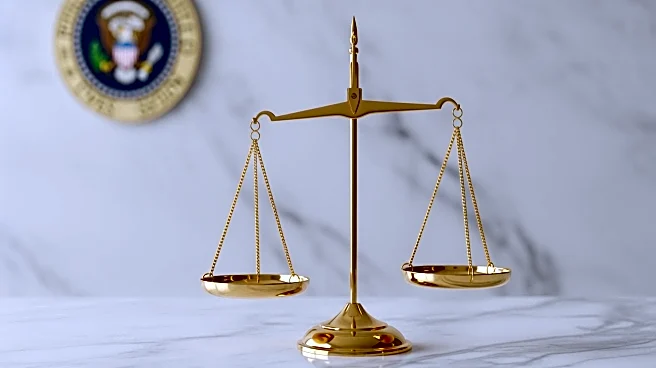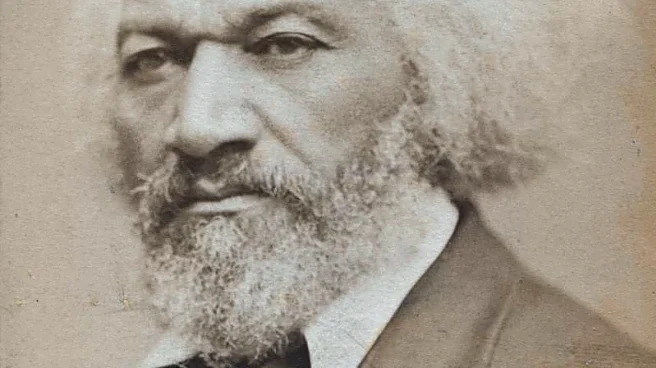What's Happening?
On October 20, 2025, the U.S. Citizenship and Immigration Services (USCIS) issued clarifications regarding the Presidential Proclamation on Restriction on Entry of Certain Nonimmigrant Workers. The agency
specified that the $100,000 fee applies to new H-1B visa petitions filed on or after September 21, 2025, for workers outside the U.S. who are not already H-1B visa holders. Exceptions include previously issued and currently valid H-1B visas, individuals seeking to reenter the U.S. on a current H-1B visa, and petitions submitted prior to September 21, 2025. Additionally, petitions filed for amendments, changes of status, or extensions of stay for beneficiaries already in the U.S. are exempt. The new fee does not apply to individuals changing visa types or those in the U.S. in valid status requesting a change, extension, or amendment.
Why It's Important?
The clarification by USCIS is significant as it addresses concerns from businesses and individuals regarding the new fee structure for H-1B visas. The fee aims to regulate the entry of nonimmigrant workers, ensuring that the system is not exploited to bring in cheap labor, which could potentially drive down wages for American workers. However, the fee has faced criticism and legal challenges, with concerns that it could hinder the U.S.'s ability to attract global talent, particularly in specialized fields such as technology and engineering. The exemption criteria provide relief to current H-1B holders and those seeking status changes within the U.S., potentially mitigating the impact on businesses relying on foreign expertise.
What's Next?
The implementation of the fee is expected to influence the strategies of U.S. companies in hiring foreign talent. Companies may need to reassess their reliance on H-1B visas and explore alternative visa options or focus on hiring local talent. The legal challenges against the fee could lead to further modifications or clarifications in the policy. Businesses and immigration attorneys will likely continue to monitor the situation closely to adapt to any changes in the regulatory landscape.
Beyond the Headlines
The introduction of the fee and its exemptions highlight broader issues in U.S. immigration policy, including the balance between protecting domestic labor markets and maintaining the country's competitive edge in global innovation. The policy could lead to shifts in how companies approach international recruitment and talent management, potentially affecting the diversity and skill depth of the U.S. workforce.










